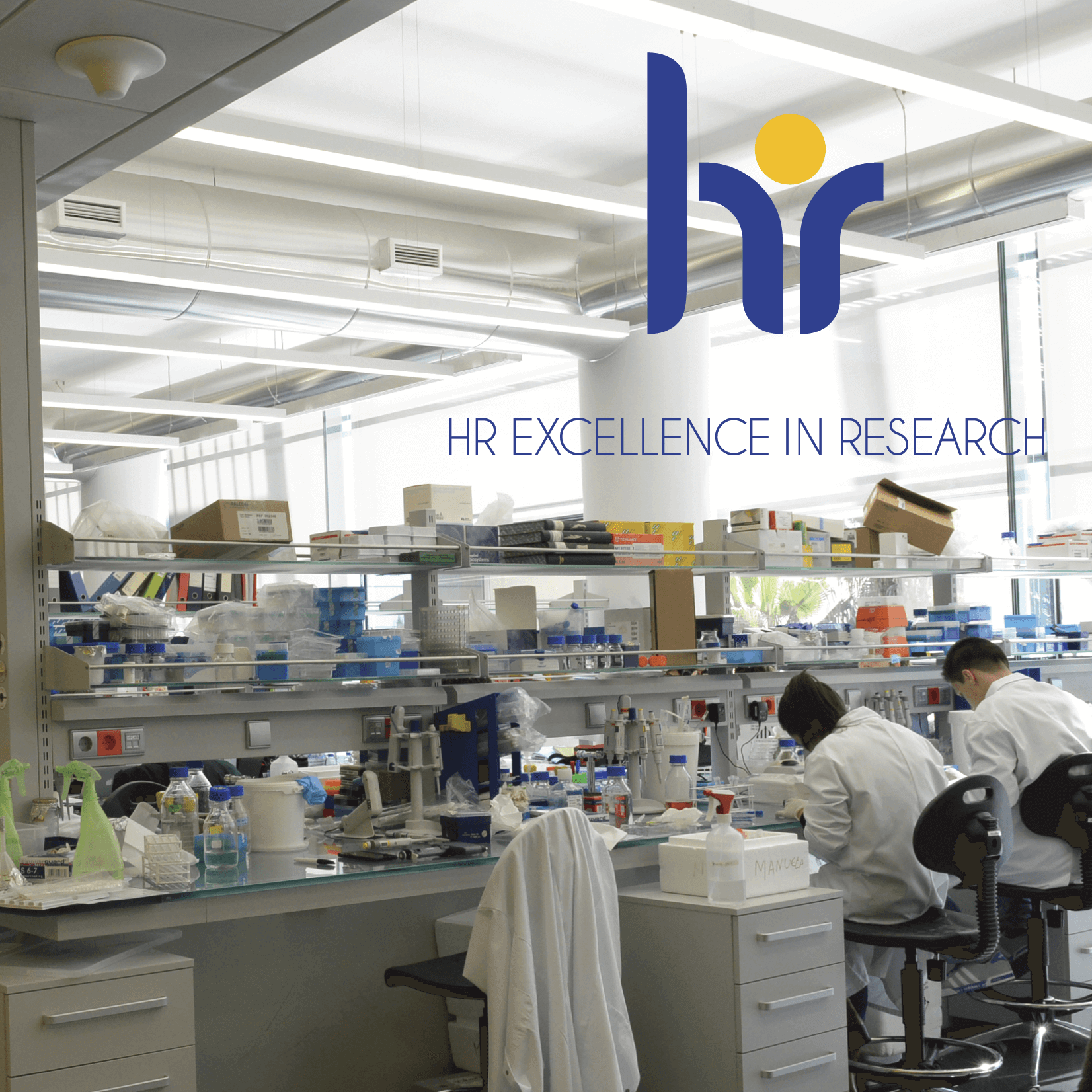14 Jan. 2022

Application Starts: 05 Jan. 2022
A Call for one Post-Doctoral Research fellowship (BIPD - Bolsa de investigação pós-doutoral) is open Fundação D. Anna de Sommer Champalimaud e Dr. Carlos Montez Champalimaud (Champalimaud Foundation) in the context of the project “The Neural basis of Weber’s Law” - financed by the European Regional Development Fund (ERDF), through the Lisbon Regional Operational Programme and by Fundação para a Ciência e a Tecnologia (FCT), through Portuguese National Funds (PIDDAC).
22 December 2021
Follow your nose
Smell has the power to transport us across time and space. It could be the sweet fragrance of jasmine, or the musty scent of algae. Suddenly, you are back at your childhood home, or under the burning sun of a distant shore.
This association between smells and places seems to be a deeply embedded aspect of human cognition. But how are the two linked in the brain? A study published today (December 22nd) in the scientific journal Nature presents a potential explanation.
21 December 2021
Biotech Company Co-Founded by Champalimaud Foundation Scientist Receives Prestigious European Innovation Council Grant
A series of landmark studies by Henrique Veiga-Fernandes, Director of the Champalimaud Cancer Research Programme, led to the formation of LiMM Therapeutics in 2018. The young company is geared towards generating first-in-class therapeutic products for cancer, inflammatory, and metabolic diseases.
17 December 2021
OCEAN CAMPUS: the new project that brings together the Port of Lisbon, the Calouste Gulbenkian Foundation and the Champalimaud Foundation
The Ocean Campus will involve the redevelopment of a total of 64 hectares, in Lisbon and Oeiras. With an investment of 300 million euros, from mostly private funds, the campus will create multifunctional and environmentally sustainable spaces and teaching units, and will promote technological development and innovative research.
09 December 2021
Daniel McNamee
Once in a while, we hear that the Physics world is overjoyed with the discovery of a new elementary particle, often decades after theoretical models have predicted its existence. But Neuroscience news has a different stroke, with novel insight mainly emerging through experiments. Can theoretical approaches also provide testable predictions about how the brain works?
09 December 2021
Ana Luisa Correia
Nearly all types of cancers have the potential to form metastatic growths. However, the exact moment when metastasis emerges is highly variable. While some patients develop metastatic disease soon after the primary tumour appears, others can see decades pass before it happens. What is the source of this variability?
30 October 2021
The BOUNCE Project: let’s talk about the resilience of women living with breast cancer
A diagnosis of breast cancer is not only an immediate life-threatening situation. It is also a psychological shock, whose repercussions can extend well past a patient’s recovery and jeopardise the leading of a normal life in the long run. However, not everyone reacts the same way to such a radical change of circumstances, which can imply invasive clinical interventions, radiotherapy and harsh chemotherapy regimens – and later strict surveillance to watch for recurrence.
